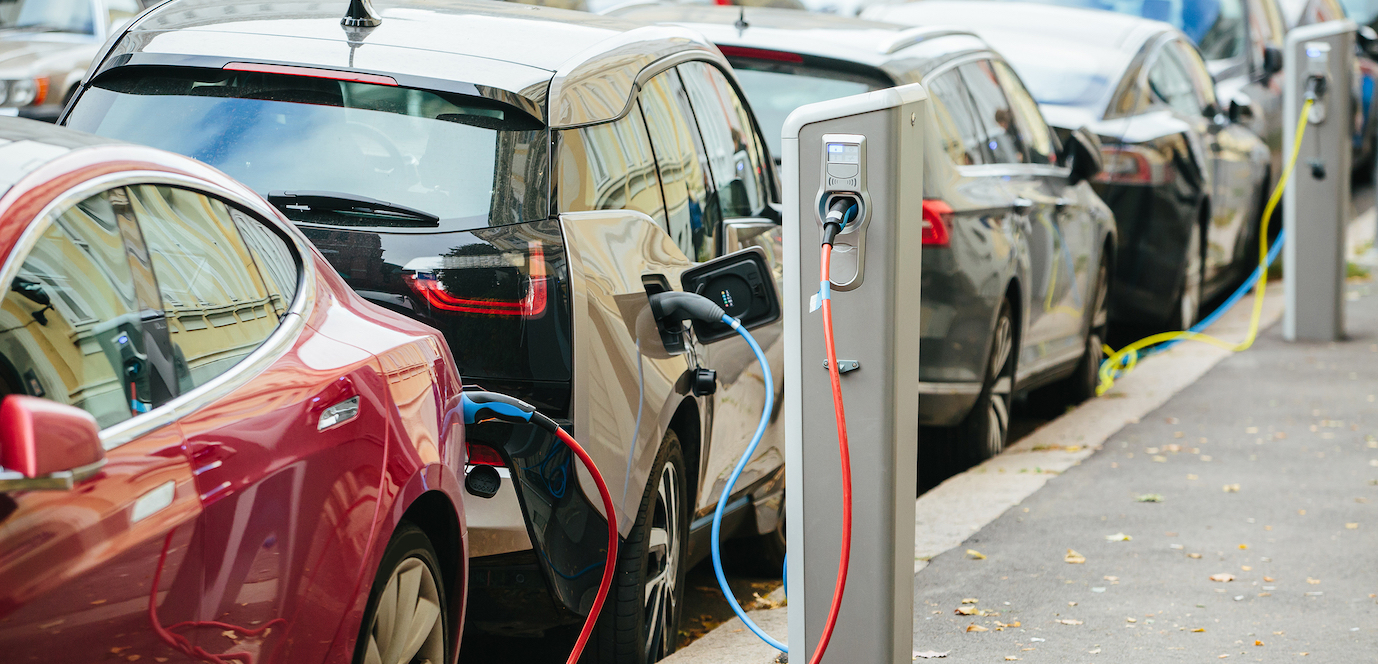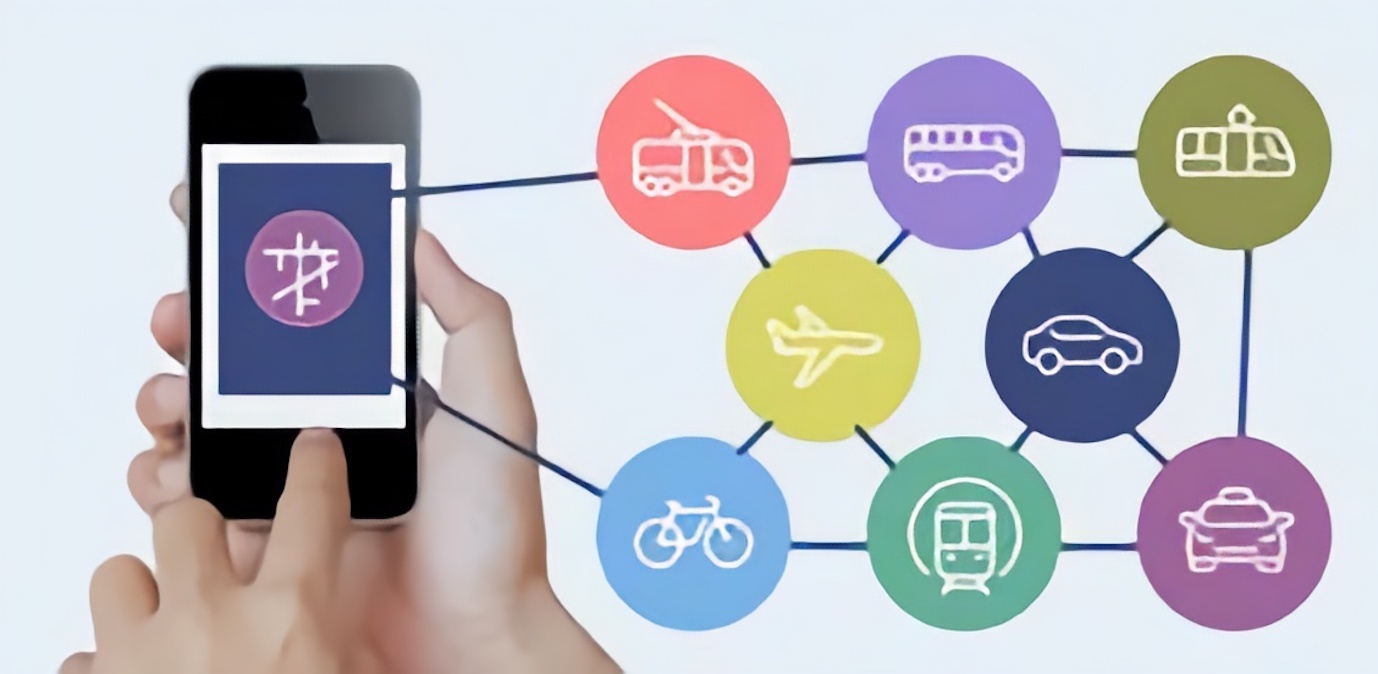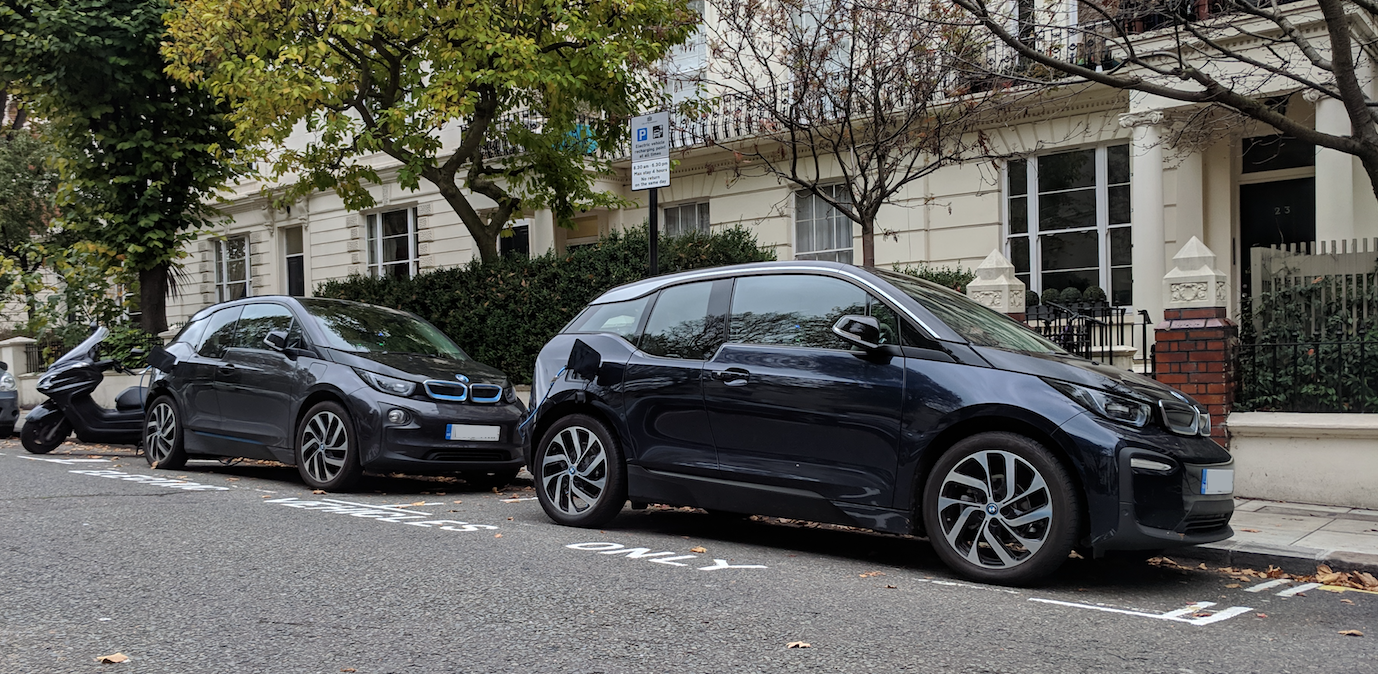Top 3 On-Demand Mobility Stories in Europe - 10 Jan 2019
Written by Inline Policy on 10 Jan 2019
Competition between EV charging firms gets political
Written by Inline Policy on 03 Jan 2019
Today’s Financial Times reports on the developing conflict between UK electric vehicle charging market leader Ecotricity and its competitors. This points to a significant challenge for the Government’s efforts to establish a reliable national network of charging points that can underpin consumer confidence to switch away from petrol and diesel.
MPs call for more government support for Mobility-as-a-Service
Written by Matthew Niblett on 21 Dec 2018
Mobility-as-a-Service is a highly talked about technology, but Brexit paralysis in the UK has led to the Government neglecting it. A group of backbench MPs has tried to push the Government into action with a new report highlighting what policies it wants to see.
Top 3 On-Demand Mobility Stories in Europe - 21 Dec 2018
Written by Inline Policy on 21 Dec 2018
This week's top 3 stories: New ride-hailing laws in the Czech and Slovak Republics, Uber's latest employment status headache, and the EU imposes tariffs on Chinese e-bikes.
Top 3 On-Demand Mobility Stories in Europe - 13 Dec 2018
Written by Inline Policy on 13 Dec 2018
This week's top 3 stories: Lime's electric bikes hit London, Berlin data protection authorities investigate Mobike, Bird's lobbying probed by newspaper.
Top 3 On-Demand Mobility Stories in Europe - 6 Dec 2018
Written by Inline Policy on 06 Dec 2018
This week's top 3 stories: electric scooter trials in Germany, mytaxi launches Hive in Lisbon, Taxify runs into trouble in Prague.
Top 3 On-Demand Mobility Stories in Europe - 29 Nov 2018
Written by Inline Policy on 29 Nov 2018
This week's top 3 stories: France's long-awaited mobility law, Uber fined for data breaches, new funding for EV charging points in Germany.
Top 3 On-Demand Mobility Stories in Europe - 22 Nov 2018
Written by Inline Policy on 22 Nov 2018
This week's top 3 stories: Autonomous public transport in the UK, shared mobility statistics across the EU and have your say on the EU's mobility framework.
Law to standardise charging for electric vehicles proposed in Parliament
Written by Inline Policy on 20 Nov 2018
A new Bill seeks to standardise electric vehicle charging points and introduce a universal pay-as-you-go-system. We take a look at the commercial and political context and the chances of the Bill becoming a law.
Key lessons from the Sharing Cities Summit
Written by Matthew Niblett on 20 Nov 2018
At a summit in Barcelona, cities from all across the world made it clear that they expect collaborative economy companies to play by their rules, and contribute to their goals.
Top 3 On-Demand Mobility Stories in Europe - 15 Nov 2018
Written by Inline Policy on 15 Nov 2018
This week's top 3 stories: Ford and SEAT get in on the scooter action, Paris invites bids for car sharing schemes, Addison Lee loses its appeal.
Top 3 On-Demand Transport Stories in Europe This Week - 8 Nov 2018
Written by Inline Policy on 08 Nov 2018
This week's top 3 stories: BMW and Daimler get the green light, Bird launches trial in London, new rise hailing rules in Portugal.
Top 3 On-Demand Mobility Stories in Europe - 1 Nov 2018
Written by Inline Policy on 01 Nov 2018
This week's top 3 stories: Report highlights licensing problems for UK taxi and private hire drivers, VW and Intel working on autonomous ride-hailing in Israel, electric scooters to be legalised in Germany.
Top 3 On-Demand Transport Stories in Europe This Week - 25 Oct 2018
Written by Inline Policy on 25 Oct 2018
1. Going green in London
This week has seen a number of green initiatives in London's competitive ride-hailing market. With CEO Dara Khosrowshahi in town and on a charm offensive, Uber made a number of announcements, including that it will be adding £0.15 per mile to the price of every ride in London to create a fund to to help drivers switch to electric vehicles. With an aim of all Ubers in London being fully electric by 2025, the company also announced a number of measures to support the roll out of more charging points in London.
Unleashing the drone revolution: the 5 questions that need to be answered
Written by Inline Policy on 15 Oct 2018
Tighter drone regulation is on its way all acorss Europe, with EASA about to finalise its long-awaited blueprint. But some of the more difficult questions remain unanswered. And they are set to the define the industry for many years to come.
 Insights from Inline Policy listing page
Insights from Inline Policy listing page









